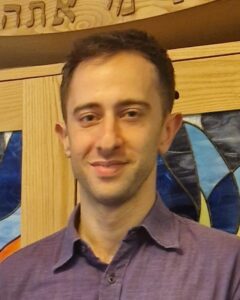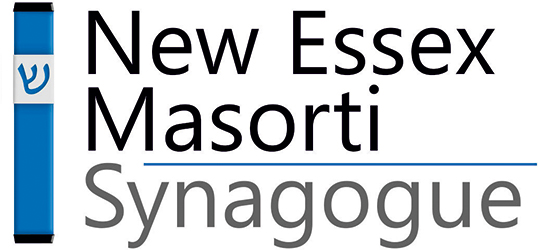
Dear all,
After a few weeks of questionable health, I’m lucky enough to be feeling substantially better this week. I’m also writing from a sunny Luxembourg, and the peace and ease here are quietly invigorating.
The Jewish year likewise gives us a boost this week. After the emotional low of Tisha ba Av last weekend, when the Jewish tradition told us to consciously embrace sadness, this week we start to lift ourselves up. The first shabbat after Tisha ba Av is called Shabbat Nachamu, named after the opening words of the haftarah reading: ‘nachamu, nachamu,’ or ‘be comforted, be comforted’.
This text, taken from Isaiah (ch. 40), says that the pain of a desolate Jerusalem, the agony of the Jewish people, will come to an end. Isaiah writes that the Jews will return, their iniquity ended, a highway built for God to reenter the city, in glory. Just as the rhythm of the Jewish year took us to the depth of sadness at Tisha ba Av, this week it gives us a chance to rise back up again.
At times when many of us are experiencing deep pain, I think we might find comfort in taking Isaiah’s tender words at face value. He wrote, after all, during the Babylonian Exile, when the Jews had been driven out of Jerusalem, longing to return to their land. His writing has been a boon to Jews in suffering over thousands of years. Why should we not also accept words from our tradition that offer comfort, a burst of optimism, a vision of a better world?
Shabbat Shalom,
Tim
